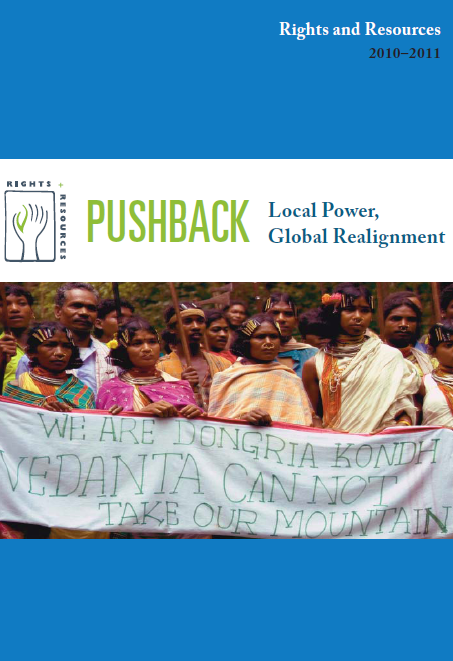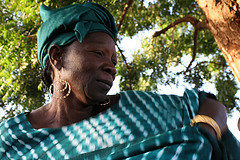The Customary Ideology of Karenni People
... Karenni people celebrated three kinds of pole festivals in a year. The first one is called Tya-Ee-Lu-Boe-Plya. During this festival, the people went to their paddy fields, vegetable farms, picked the premature fruits and brought it to the Ee-Lu-pole. They put the premature fruits on altar, thank god and then pray for good fruits and good harvest. The second one called Tya-Ee-Lu-Phu-Seh. In this festival they pray god to bless the teenagers with good conducts, and good healths. The third one is Tya-Ee-Lu-Du. The festival concerned to everyone.






